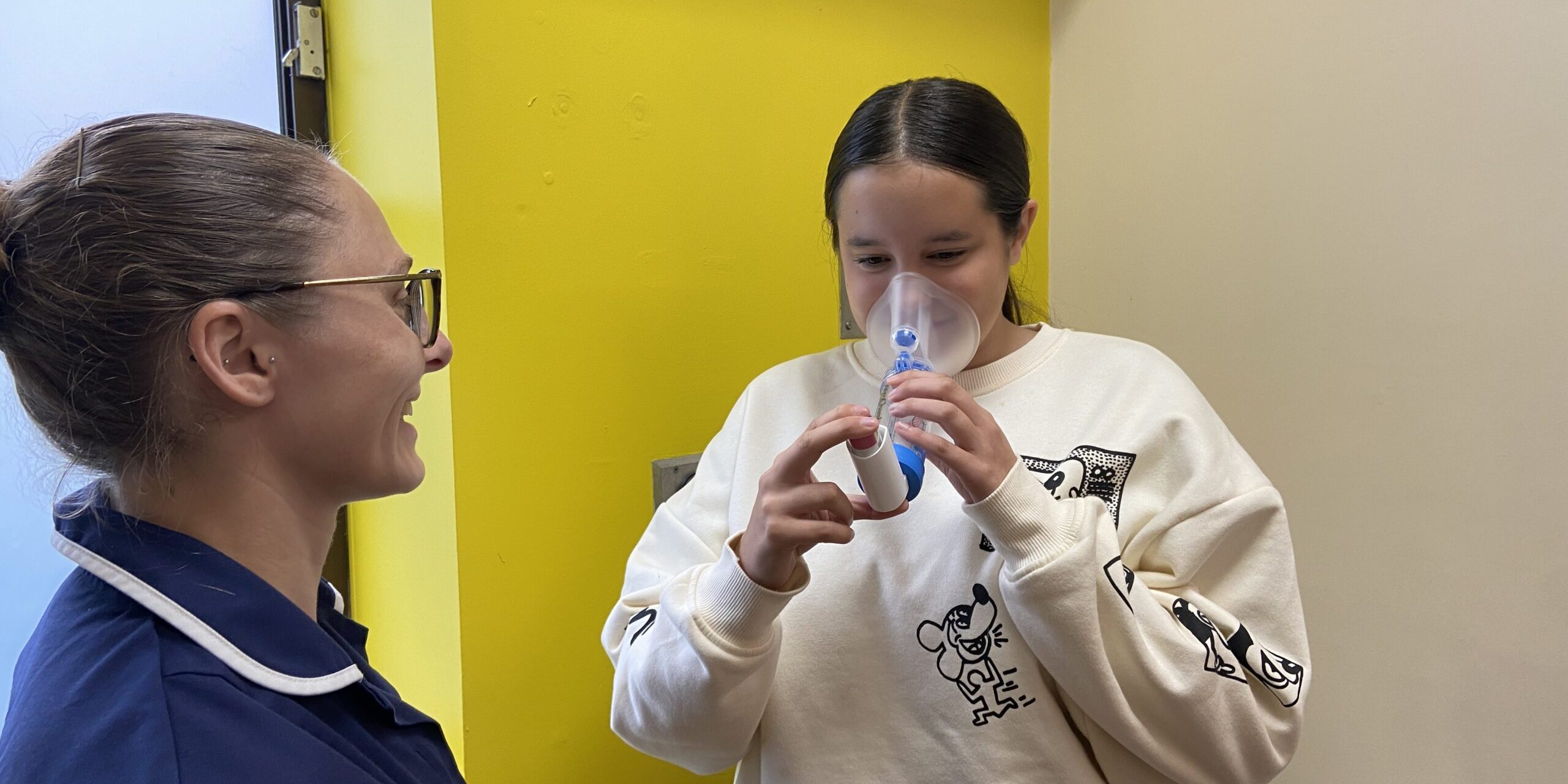NHS Lincolnshire Integrated Care Board is raising awareness of Asthma, a common long-term condition that can cause coughing, wheezing, chest tightness and breathlessness, on World Asthma Day, Tuesday 6 May 2025.
The UK still has some of the highest rates in Europe
Over five million people in the UK are currently receiving treatment for asthma: There are 1.1 million children (1 in 11) and 4.3 million adults (1 in 12) who suffer from this condition. Asthma prevalence is thought to have plateaued since the late 1990s, although the UK still has some of the highest rates in Europe.
The National Child Mortality Database Thematic Report December 2024) identified that the majority of child deaths from asthma and allergies are preventable.
Stay well and manage your asthma
The severity of asthma symptoms vary from person to person, however, asthma can be controlled well in most people most of the time, although some people may have more persistent problems. You should ensure that:
- You have a regular, and at least once a year, review of asthma;
- Your inhaler technique is checked at your review appointment;
- Request a copy of your asthma action plan.
- You use your inhalers as prescribed to keep the condition under control.
In addition you should ask for a review of your asthma at your GP surgery if you have been to A&E or into Urgent Care with asthma, experiencing worsening symptoms or have concerns about your asthma. It is also important to keep up to date with vaccinations.
Please see our childhood asthma pages.
Occasionally, asthma symptoms can get gradually or suddenly worse. This is known as an “asthma attack”, although doctors sometimes use the term “exacerbation”. Severe attacks may require hospital treatment and can be life threatening, although this is unusual.
Dr Sunil Hindocha, GP and Interim Medical Director for NHS Lincolnshire ICB said said:
“If you think that you or your child may have asthma speak to your GP. You should also talk to your GP or asthma nurse if you have been diagnosed with asthma and you are finding it difficult to control your symptoms.”
Treatments for asthma
While there is no cure for asthma, there are a number of treatments that can help control the condition and more information can be found by visiting Asthma – NHS (www.nhs.uk).
For children diagnosed with asthma, the condition may disappear or improve during the teenage years, although it can return later in life. Moderate or severe childhood asthma is more likely to persist or return later on.
The impact of smoking with asthma
The NHS spends about £1.3 billion treating and caring for people with asthma. Smoking and vaping can worsen asthma symptoms. Both tobacco smoke and e-cigarette aerosol can irritate the airways, causing inflammation and making asthma attacks more likely. More information can be found by visiting One You Lincolnshire Be Smoke Free | Healthy Lifestyle Service | One You Lincolnshire.
